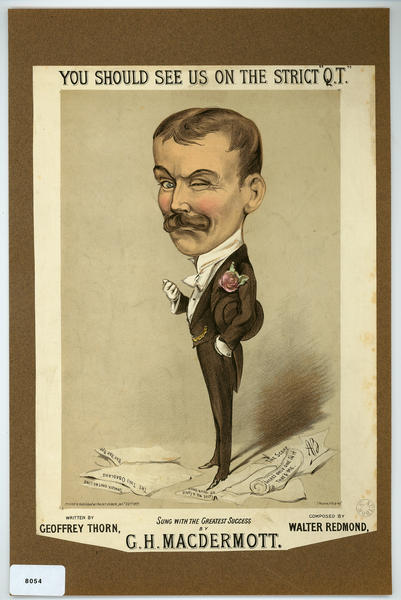"Q.T." is an odd abbreviation for "quiet." Since it is of British origin, I would think it would derive from schoolboys' abbreviations, often derived from Latin. The Latin taceo means "not to speak" and has solemn meaning sometimes, referring to "passing over in silence." Thus quae tacenda, or q.t., would refer to "things about which one should not speak." Cf. Horace, Epodes, 5.49, where Horace speaks of Canidia and quid dixit et quid tacuit, what she said and what she left unsaid.
Edit: That in "My Husband's Secret" Straps says that "Q.T." is an abbreviation for "quiet," as one "should have larned at Hoxford," is a pretty good indication that Q.T. for "quiet" is a false etymology. At Oxford and elsewhere schoolboys' lessons in the classics would have occasional obscene expressions. I can imagine a teacher explicating a classical text, and then coming to the obscene part, and stating that "here there are quaedam tacenda [certain things about which one should keep silent]." These would be frequent enough that schoolboys' notes would refer to these as q.t. Then the term would be brought into ordinary conversation, e.g., referring to a master—"he drinks too much, and there are q.t. [i.e., he chases underage boys]." Then the term would be used for schoolboys' pranks: "I'll join you on this, but only on the strict q.t.," i.e., we won't brag about this even to our fellows.
All this just a guess, but I think a good one.



